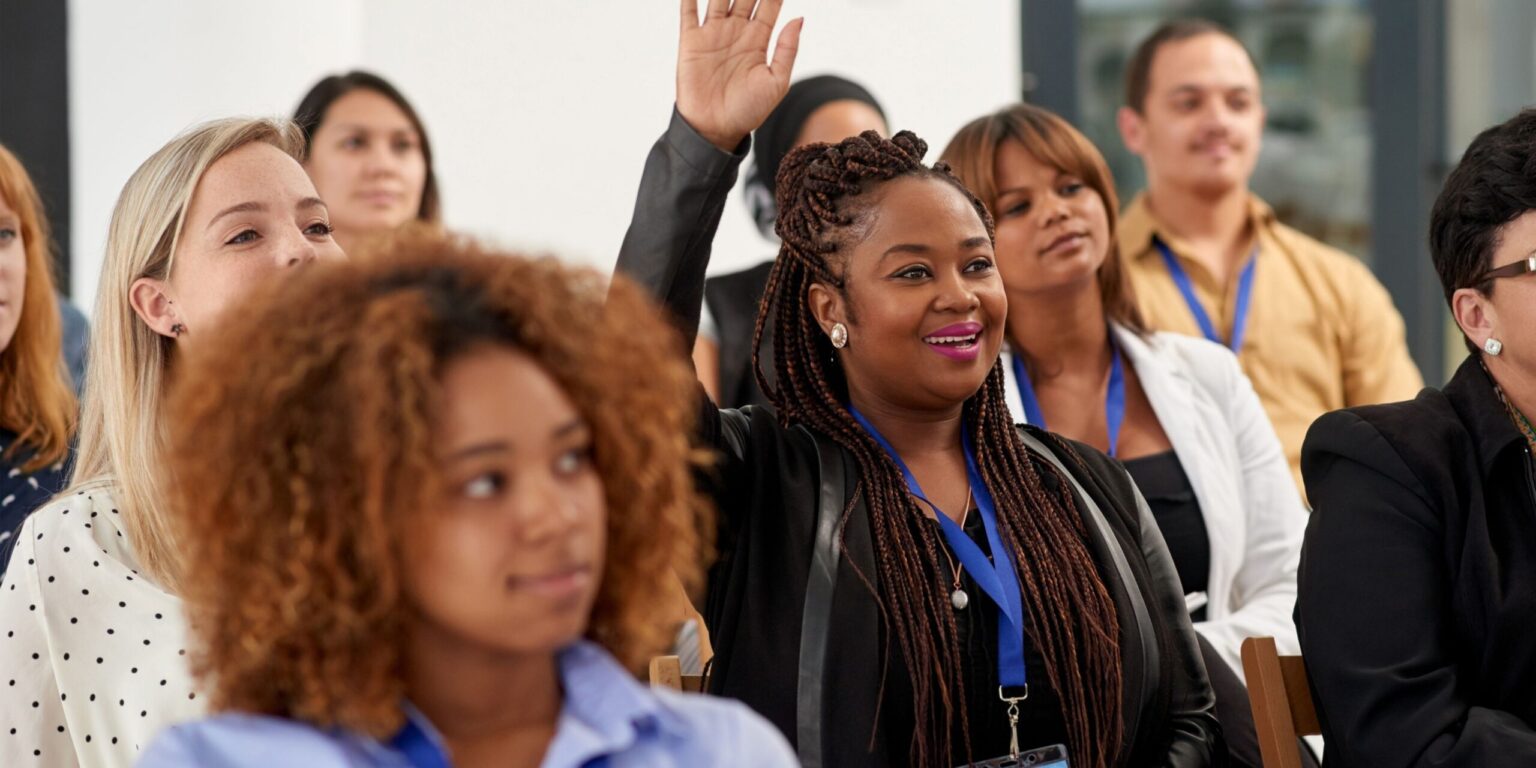Chloe Ramirez, Senior Correspondent
Date: June 14, 2025
Location: Lubbock, Texas
LUBBOCK, TX – A landmark event unfolded today at the Texas Tech University Health Sciences Center as the Lubbock VA Clinic hosted its annual Women’s Health Conference. The event, which ran from 8 a.m. to 5 p.m., brought together women veterans and healthcare professionals to discuss the unique healthcare challenges women face, particularly those who have served in the military.
Held at the Academic Event Center, the conference was designed to empower women veterans while offering a space for open dialogue, expert insights, and resource-sharing. The event focused on a range of crucial healthcare topics that disproportionately affect female veterans, including mental health, reproductive health, and access to VA services.
Empowering Women Veterans
The conference provided a vital platform for women veterans to voice their concerns, share their stories, and engage in conversations with experts on how the VA system can better serve their needs. Workshops and panel discussions delved into mental health support, emphasizing the challenges faced by women veterans in coping with PTSD and military sexual trauma. One of the key sessions was led by Dr. Emily Thomas, a veteran psychologist, who discussed the importance of creating a supportive environment for women to seek mental health care without fear of stigma.
Attendees also participated in discussions about navigating the VA healthcare system, a topic that many veterans found both relevant and necessary. “The VA system is vast and can often feel like a maze,” said veteran Michelle Harris, a former Army officer. “Being able to hear from others who have gone through similar experiences and learning from experts on how to access resources effectively was incredibly valuable.”
Advancements in Women’s Health
Beyond addressing the challenges unique to veterans, the conference also featured cutting-edge research and advancements in women’s health. Keynote speakers explored topics such as heart health, menopause management, and the role of technology in modern healthcare. Dr. Linda Carroll, a renowned cardiologist, gave a presentation on how heart disease manifests differently in women compared to men and the importance of early detection.
A significant focus was also placed on menopause management. “It’s a critical stage in a woman’s life, and the right care is often overlooked, especially for veterans who may have limited access to specialized services,” said Dr. Sarah Collins, an OB/GYN who spoke about the latest research in menopause treatments.
Furthermore, discussions on the integration of technology in healthcare delivery highlighted how telemedicine is becoming an essential tool for veterans living in rural areas, making healthcare more accessible. This conversation was particularly pertinent for many veterans who, due to their military service, often find themselves living in underserved regions.
Community Support and Resources
A major component of the conference was a showcase of community support programs and resources designed to assist women veterans in their post-service lives. Representatives from local organizations, including veteran service groups and healthcare advocacy teams, were on hand to provide information on a wide range of services. These included counseling and mental health services, financial assistance, career development programs, and housing support.
The collaborative spirit of the event was apparent as veterans were encouraged to explore all the resources available to them. “It’s not just about healthcare; it’s about a holistic approach to supporting women veterans,” said Patricia Green, a community outreach coordinator. “We’re here to ensure they know they’re not alone, that there’s help and support in all aspects of their lives.”
The event also gave special attention to programs designed to help veterans transition to civilian life, focusing on career development and financial planning. One such initiative, the Women Veterans’ Job Fair, provided attendees with direct access to potential employers offering jobs tailored to their skills and experiences.
Looking Forward: Continued Advocacy for Women Veterans
The conference’s discussions laid the groundwork for future advocacy efforts aimed at improving healthcare for women veterans. As highlighted by many speakers, there is still much work to be done in making the VA system more responsive to the unique needs of women. The event’s organizers hope that it will serve as a stepping stone for future conferences and an ongoing dialogue with policymakers.
“The VA has made strides in recent years, but there is so much more we can do,” said Senator Linda Wells, who delivered a keynote address. “We must ensure that women veterans get the care they need, when they need it, and that they are treated with the dignity they deserve.”
As the conference came to a close, attendees left with a sense of empowerment and a renewed commitment to advocating for better services and support for women veterans. It is clear that while challenges remain, the road ahead is one of progress, solidarity, and determination.
Key Highlights:
-
The Lubbock VA Clinic’s Women’s Health Conference addressed mental health, reproductive health, and navigating the VA system.
-
Experts presented on advancements in women’s health, including heart health, menopause management, and telemedicine.
-
Community support and local resources were featured, offering veterans a wealth of information on counseling, financial aid, and career programs.
-
Attendees engaged with healthcare professionals and policymakers, furthering the discussion on improving services for women veterans.
